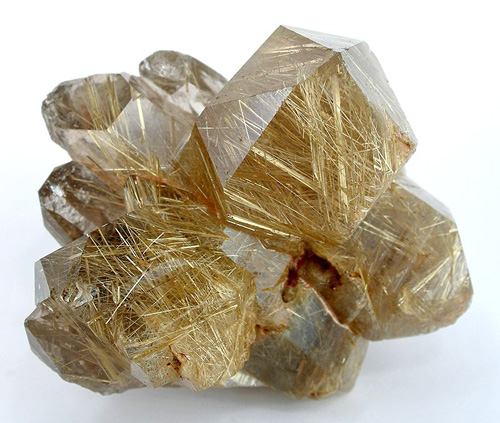
I was looking at a small well-rounded stone on the beach yesterday.
If I took that stone and rolled it once, I wouldn't be able to perceive any change to it. Yet that stone was part of a much larger piece of rock. It was broken off, then rolled until it became smooth. At times, that stone likely sat still for thousands, hundreds of thousands, or even millions of years without being moved; but it was moved enough to be worn smooth and round yesterday.
Remind me to get your kid a rock tumbler for christmas. You'll discover that rounded pebbles are mere weeks away with the right abrasive... which leads me to conclude that rounded pebbles are the product of decades, not eons. Beach glass is quick, man.
You are talking about three pretty different processes there. The rock tumbler takes only weeks because, as you said, it has the right abrasive. Also, the motion is different than would be experienced by a rock or sea glass. Sea glass comes, unsurprisingly, from the sea. It's brought in by the surf from the ocean, where it is polished by particles suspended in the water. The stones don't come from the ocean. They come from mountains, where active erosion is happening. They tumble, very very slowly, down streams and rivers, where they are polished not so much by the suspended particles in the water, but more by colliding with other small stones. They do this in steps, caused by floods, mudslides, or other disturbances. Over millions of years, river beds can cement into a rock grading from a conglomerate of rounded rocks towards the bottom and a breccia of angular rocks near the top. While mk's estimate of millions of years would result in these new sedimentary layers, decades is way off too. Depending on the origin, thousands to tens of thousands of years would be about right.
That's a good point. Glass and granite are both about 6-7 on the Mohs hardness scale. Even so, getting to a water's edge is still a long part of the journey. I'd love to see a timelapse of an individual stone. As an aside, I had another thought about copper replacement agates: They are comparably much more rare than diamonds, but far less expensive. It would be hilarious to buy every one that ever went for sale. You could probably corner the market for less than $10k.
Ok. I am going to take a photo of the favorite rock I've found and post it tomorrow.

